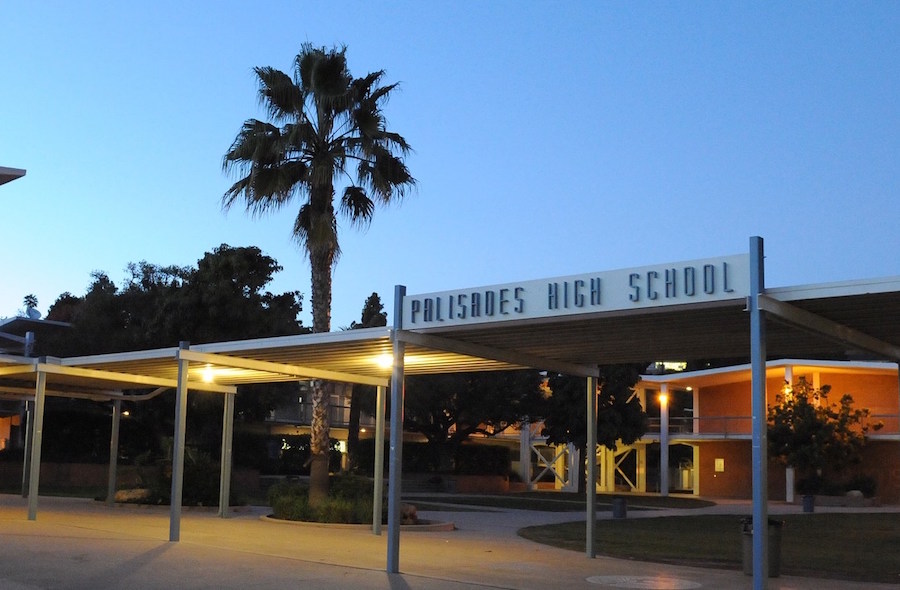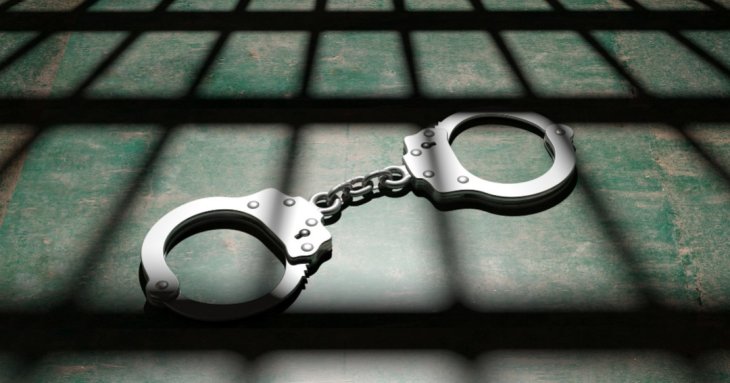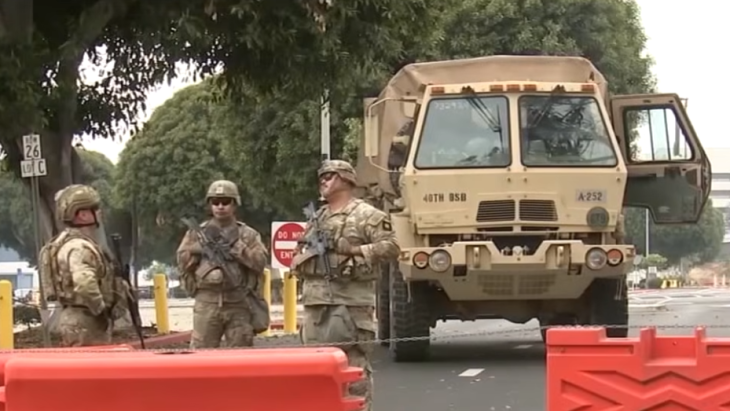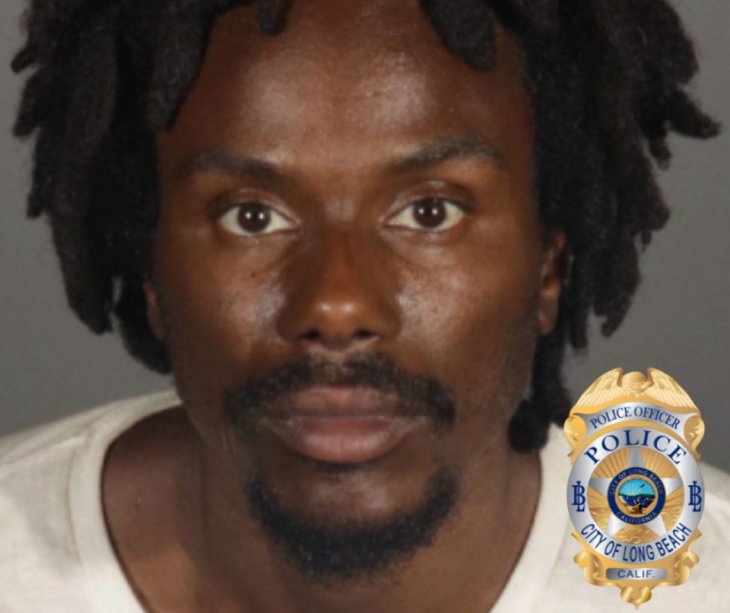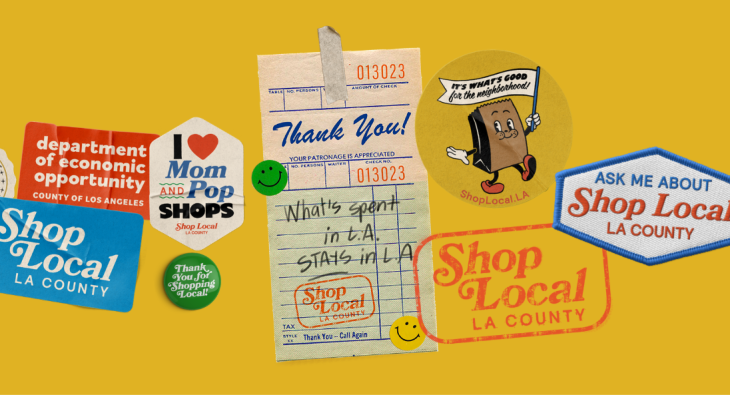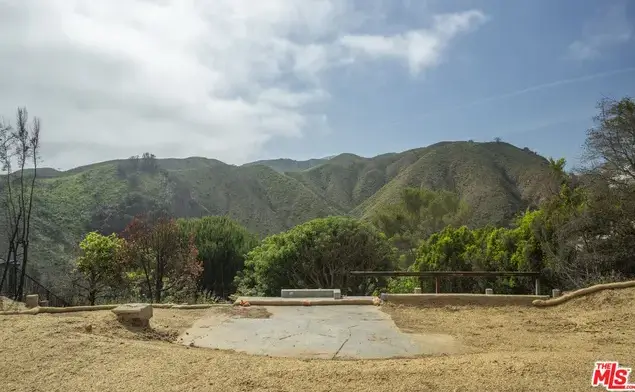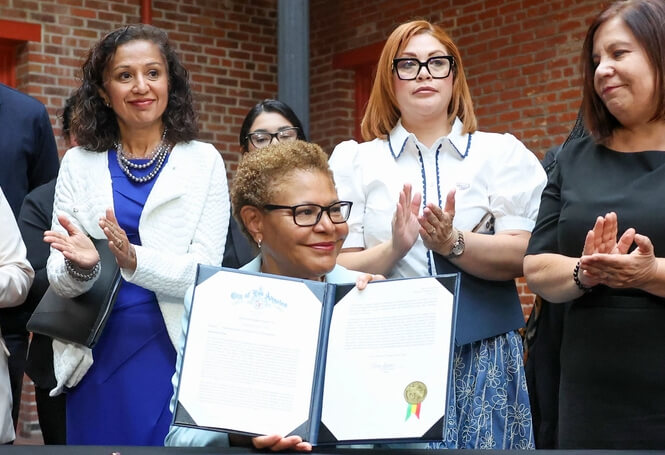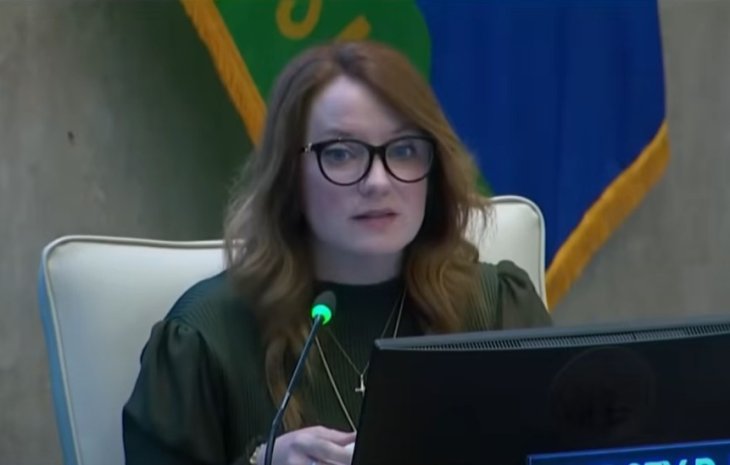05/25/22
Dear PCHS Community,
PCHS shares the collective grief of all who suffered loss from yesterday’s devastating events at Robb Elementary School in Uvalde, Texas, as well as other similar non-school based incidents that have recently occurred. As a community we come together to process these recurring acts of senseless violence, in an already volatile setting in the United States. We encourage our students to come together and support their peers in confidence that we can not only heal, but put our heads together to find a solution to end these events on school grounds, and other community places.
Schools must be safe places for all. To ensure the physical and emotional health and safety of everyone on our campus, PCHS has invested in security measures and mental health resources.
We regularly review our emergency plans, and a School Police Officer on campus daily and are in close contact with local law enforcement. We must all continue being vigilant. Report any concerning activity, social media posts or other observations to the Pali Tip Line (TEXT or LEAVE A VOICEMAIL: (310) 570-6111). If you See Something – Say Something. Our anonymous tip line is monitored around the clock so do not hesitate to use it whenever needed. Also, if on campus you can consult with our Dean’s Office, Campus Unification Director, Security Personnel, School Police Office, a Teacher or Administrator for help or guidance on any concern.
Pali High has many mental health resources for students that you are always welcome to utilize. You can learn more about these on the PCHS website homepage – Look for the Mental Health Tab. Further announcements are coming today from the Mental Health team regarding counseling support for today and during the remainder of this school year. (https://sites.google.com/palihigh.org/palihighmentalhealth).
In response to the Robb Elementary School shooting, the National Child Traumatic Stress Network has developed resources to help children, families, educators, and communities navigate what they are seeing and hearing, acknowledge their feelings, and find ways to cope together.
These resources include:
- Talking to Children about the Shooting
- Helping Youth After a Community Trauma: Tips for Educators (En Español)
- Talking to Children: When Scary Things Happen (En Español)
- Talking to Teens about Violence (En Español)
- Tips for Talking to Students about Violence
- Coping After Mass Violence: For Adults
- For Teens: Coping After Mass Violence(En Español)
- Helping School-Age Children with Traumatic Grief: Tips for Caregivers (En Español)
- Helping Teens with Traumatic Grief: Tips for Caregivers(En Español)
- Helping Young Children with Traumatic Grief: Tips for Caregivers (En Español)
- Guiding Adults in Talking to Children about Death and Attending Services
- After a Crisis: Helping Young Children Heal
- Age-Related Reactions to a Traumatic Event
- Pause-Reset-Nourish (PRN) to Promote Wellbeing (En Español) (for responders)
Additional resources from the Los Angeles County Department of Education:
- Parent Guidelines for Helping Youth After the Recent Shooting (The National Child Traumatic Stress Network – English/Spanish)
- Talking to Children About Violence: Tips for Parents and Teachers (National Association of School Psychologists)
- Helping Children Cope with Frightening News (Child Mind Institute)
- Coping in the Aftermath of a Shooting (American Counseling Association)
- Trauma and Disaster Mental Health (American Counseling Association)
- Teaching in the Wake of Violence (Facing History and Ourselves)
- Supporting Employees in Coping with Community Violence (Employee Assistance for Education –EASE)
During trying times such as these, we need more than ever to look out for and take care of each other. Our most valuable resource is the close bond of our community. Thank you for being a constant partner in ensuring the safety of our students and staff.
Sincerely,
Pam Magee, Ed.D.
Executive Director/Principal

